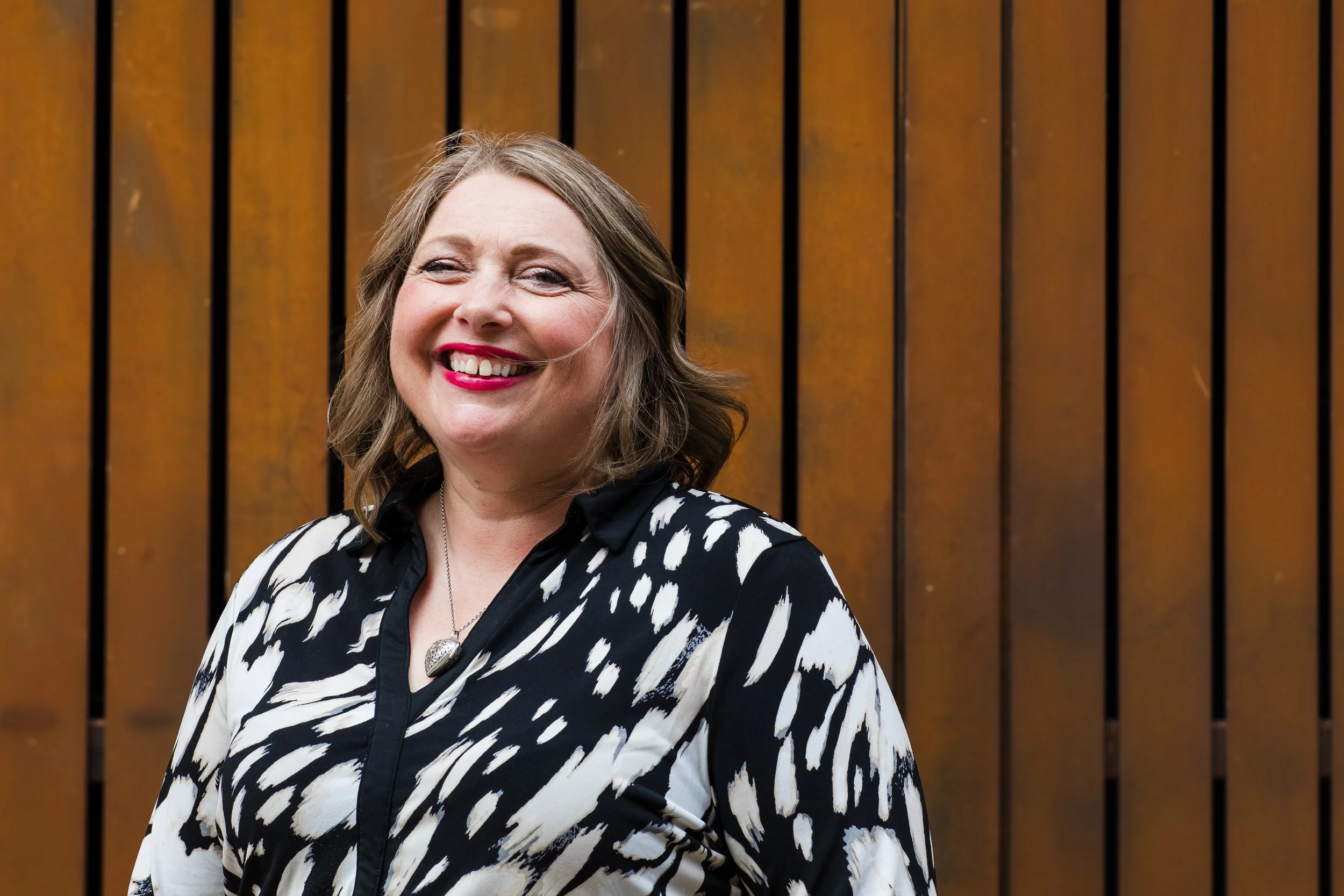Leila Ainge
Researcher, writer, coach, and host of Psychologically Speaking where psychology meets real life.
Free PDF Download
Free PDF Download
When I began inviting guests to share their goals on my podcast Psychologically Speaking, I expected ten minutes of conversation, something I could assemble into one neat “goal intentions” episode. Instead, every discussion unfolded into something richer, the why beneath each ambition.
That’s why I’ve created a free Goal Sprint Warm-Up for you. It gathers the reflections and prompts my guests used to get clear, grounded, and honest about what they really want.
So as the temperature drops and the season slows, use these warm-up exercises to gently reheat the idea, inspiration, or big goal you’ve been saving for the right moment.
Research, for the way you do business
Psych Insights
Imagine this
You’ve built something meaningful, a service, a book, an offer, a way of working, but you’re ready to show the story behind your impact, the benefits, the data, the headlines, in a way that makes the substance of your work visible.
Maybe you want to prove credibility, ground your ideas in data, or bring research into your next stage of growth. You don’t need another coach or consultant telling you what to do, you need a clear, evidence-backed understanding of what’s already there.
Or, you’re in the middle of a live challenge or launch, maybe your messaging isn’t landing, your offer feels off, or you’re hesitating to show up. You’ve read advice, gathered opinions, and still feel stuck between gut instinct and evidence.
That’s where the Psych Insight service comes in.
From fast-turnaround, tailored insight report for freelancers, founders, and thoughtful doers who want evidence-backed answers, to retained services to support your PR messaging as you launch
You bring the questions and curiosity, I bring back a bespoke, research-informed insights packed with plain-language psychology, strategic prompts, and deep, usable clarity. It’s not theory for theory’s sake. It’s practical insight you can apply immediately.
psychologically speaking
I run talks and workshops that help people see imposter feelings differently. Using psychology and real-world stories, I give teams practical tools to talk about self-doubt safely, build trust, and turn insight into action.
the psychologically speaking podcast
Welcome to Psychologically Speaking!
A podcast and blog all about human behaviour, bringing together fascinating research, insights, and real-life experiences. As a psychologist, I share how the spaces we live and work in shape who we are.
.
Coaching
I provide the time, space and questions to help you work things out.
Advisory and Non Exec roles
I bring experience as a Chair of Trustees, Chair of Governors, Treasurer, and Advisory Board Member, offering psychologically informed insight on leadership, trust, and decision-making. I enjoy helping organisations think clearly, work collaboratively, and embed wellbeing and integrity into the way they lead.
Psychology-Informed Coaching, Research & Writing
-

Psychologically Speaking
Wher research meets real life. I explore identity, belonging, imposter phenomenon, self-doubt, and the quiet bravery of doing things differently on my pod and over on substack.
-

Coaching
I’m not just a coach. I’m a strategic advisor with two decades of leadership and business experience, trusted by hundreds of professionals, and a researcher exploring the psychology of identity, trust, and imposter phenomenon.
-

Research that's Useful
Whether you're shaping a project, refining a message, or sense-checking your strategy, I’ll surface the evidence, ask better questions, and hand you a set of usable, personalised insights.
Rooted in research. Tailored to you.
















